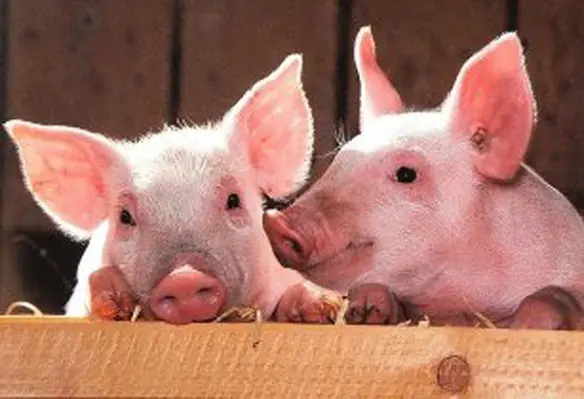The Emergency Centre of Animal Disease (ECTAD) at FAO’s Regional Office for Asia and the Pacific (RAP) is launching its first online training course on ASF preparedness involving more than 400 animal health practitioners from 19 countries in the Asia-Pacific region
This work is being supported by the The United States Agency for International Development (USAID) Office of Foreign Disaster and Assistance (OFDA).
In addition to the COVID-19 outbreak, with its devastating impact on the agriculture and agrifood sectors, African Swine Fever (ASF) continues to spread and threaten the livelihoods, food security and nutritional status of vulnerable groups in Asia and the Pacific region.
The main aim of the training is to reach and train veterinarians to optimally prepare, detect and respond to ASF. In the current situation, the online format is the best way to deliver the modules, easy to scale up and replicate. Moreover, it allows participants to learn at its own pace and time. Participants who complete all required tasks and pass the final course assessment will be awarded a certificate.
The training materials were originally developed for Eastern Europe and ECTAD-RAP has adapted them to fit into the Asia-Pacific context. Further technical support has been provided by the European Commission for the Control of Foot-and-Mouth Disease (EuFMD) through a virtual learning platform.
The training commenced today and was opened by the regional manager of ECTAD-RAP, Kachen Wongsathapornchai, followed by an interactive webinar.
The course is open for a duration of four weeks, a specific topic is covered each week using a discussion forum where participants and trainers can interact. There will be a second live webinar on 18 June and the course will end on 21 June. A final assessment test will take place during the last week of the course.
While not a threat to human health, ASF is a highly contagious and deadly pig disease that has already had a large impact on meat and feed markets in Asia. “To better prepare and respond to deadly diseases like African Swine Fever, it is essential to build the capacity of front line staff, such as veterinarians and animal health workers,” said Yooni OH, ECTAD RAP- ASF focal point for the region.




